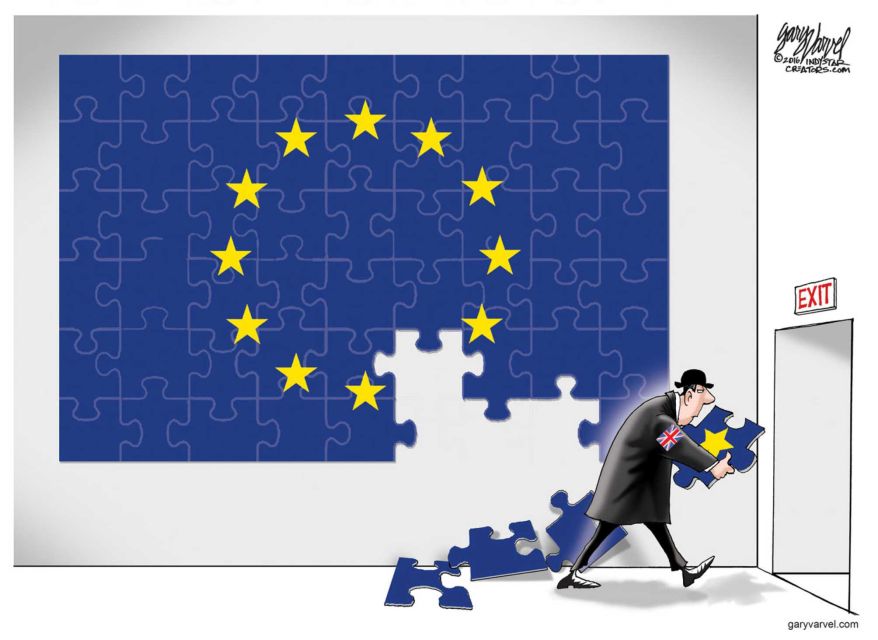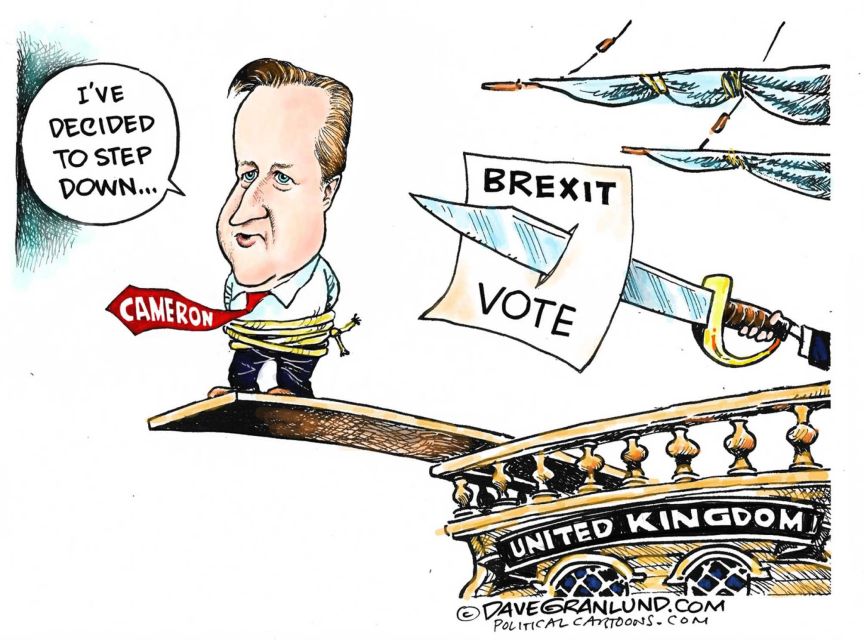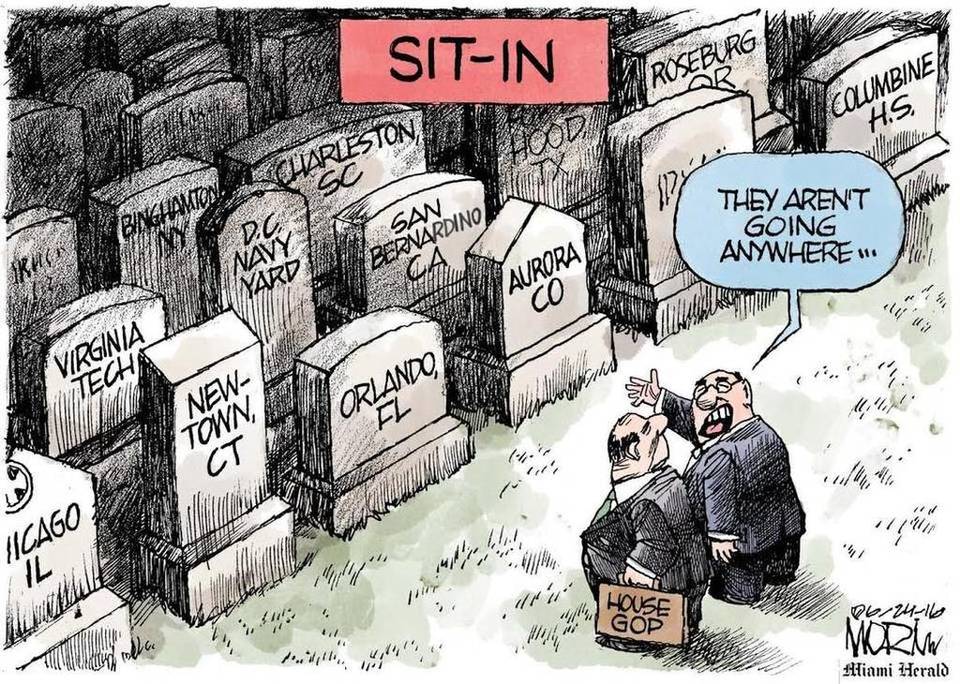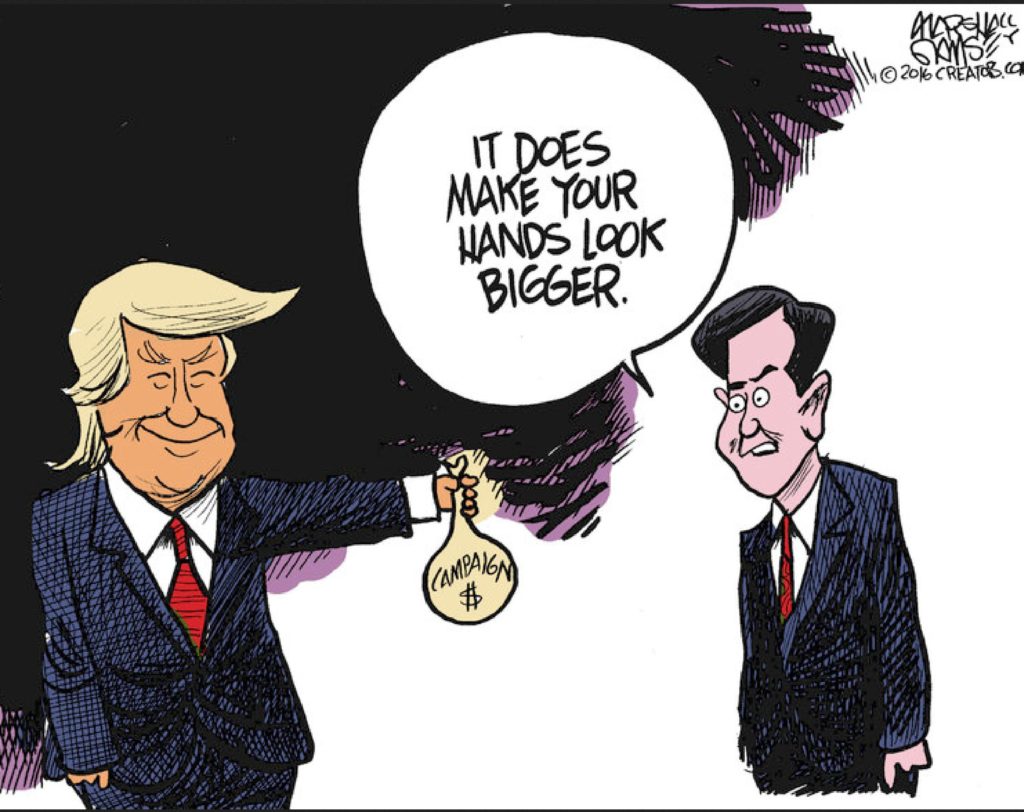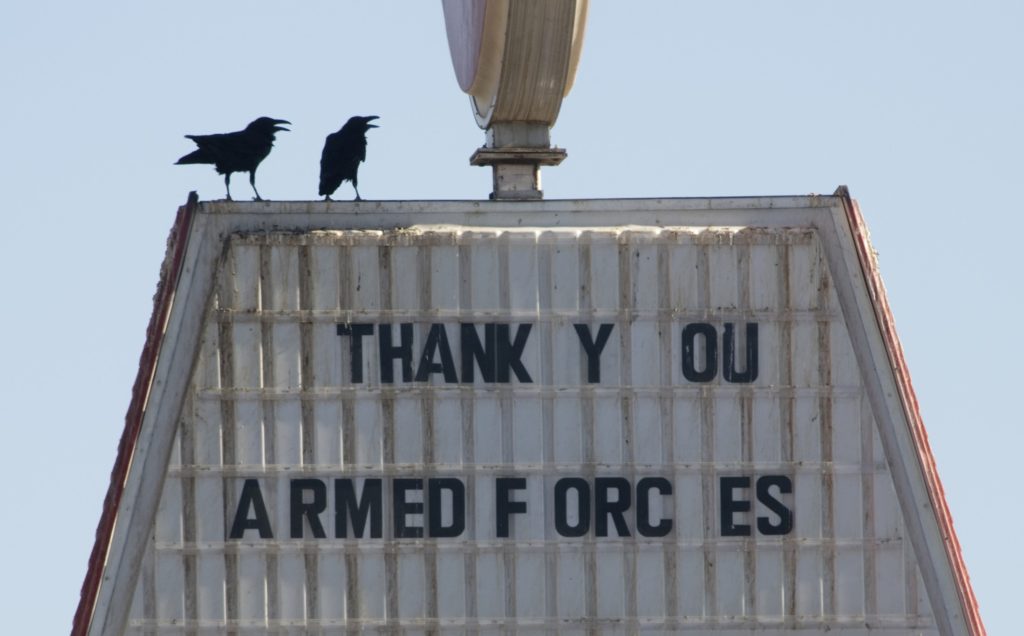Wrongo recently read a first-person article in the June 24th edition of Maine’s Portland Press Herald by Allison Hodgkins. She is an assistant professor of security studies and conflict management at the American University in Cairo. Hodgkins lives with 20 million Muslims for 10 months a year, returning to Maine for the summers. Her point is that they are not so different from the rest of us. Here is a long excerpt from her article: (brackets and editing by the Wrongologist)
The assumption undergirding the presumptive Republican presidential nominee’s proposed ban on Muslims entering the United States is simple: More Muslims equal more terrorism and a less secure United States. And while there is utterly no evidence of a relationship between increased Muslim immigration to the US and increased rates of domestic terrorism, as many as 50% of Americans support at least a temporary ban, one poll has found.
The question that no one is asking is: Why? Why would half the US electorate think that banning nearly one-quarter of the world’s population from entry is a good idea? Are we just a country of bigots?
No, we are not. As the push for marriage equality demonstrates, we are actually very tolerant – once we get to know the group or the idea. But that’s precisely the problem with relation to Muslims: We don’t really know many.
Muslims are only 1% of the US population, and they’re disproportionately concentrated in a handful of urban areas. A 2011 survey by the Public Religion Research Institute showed that 40% of respondents had never spoken to a Muslim and 24% had done so occasionally. Only 6% reported speaking with a Muslim daily.
What these numbers lay bare is that for the average American, their only reference points for Muslims are the occasional glimpse of a foreign-looking woman in a veil and, well, the likes of [domestic terrorists] Omar Sadiq Mateen, San Bernardino shooter Syed Farook or the Boston Marathon bombers, Dzhokhar and Tamerlan Tsarnaev.
/snip/
Since we barely know the 3.3 million already here, we have no idea what it could mean to live with 3 million, 4 million or 5 million more.
Well, I do. For 10 months out of the year, I live with 20 million Muslims…Since accepting a position at the American University in Cairo, I have lived cheek by jowl with Muslims. Cairo, an urban megalopolis of 22 million to 24 million, is just plain teeming with them… From the moment I open my door in the morning until I close it at night, there are Muslims at every turn. The family down the hall from me is Muslim, as are four of the five families on the floor below. The crossing guard who scolds my son for not looking twice before crossing the street is a Muslim, and so are the guards checking IDs at the entrance of his school. I sit next to Muslims on the bus to work and gripe with them about the traffic.
/snip/
In an environment where being Muslim is the common denominator, it is absolutely certain that the person committing an act of terror will be an adherent of the faith. But Muslims are also the victims, the police coming to investigate, the reporters covering the event, the people queuing to give blood and the leaders charged with devising the best policy to counter what they and their constituents know is radical extremism promoted by groups of extremists.
/snip/
And when you live with 20 million Muslims, you hear them talk about this danger to their lives, their nations and their faith every single day.
Ms. Hodgkins’s point is we should assess the risks of Muslim immigrants to our homeland. Maybe get to know a few facts about Muslim involvement in acts of domestic terror, and meet a few Muslims before we ban all Muslim immigration.
You can hear the argument from the Trumpeteers: Of course the vast majority of Muslims are good, peace loving people who want the same for their families as the rest of us. But we can’t tell the good ones from the bad ones, so NO Muslim immigration until we get better vetting, screening, monitoring in place.
We couldn’t tell the good ones from the bad ones: That was the logic that led us to the internment of American Japanese in WWII.
OTOH, nearly all Americans agree that the vast majority of gun owners are good, peace loving people. But, since we can’t tell the good ones from the bad, how about banning all sales of guns until we get better vetting, screening, monitoring in place?
Sorry, we willingly accept the risk that American shooters will kill Americans. Since we are Second Amendment absolutists, those deaths are just collateral damage in the fight to protect our gun rights.
But if there is one death by a Muslim immigrant, the terrorists win.


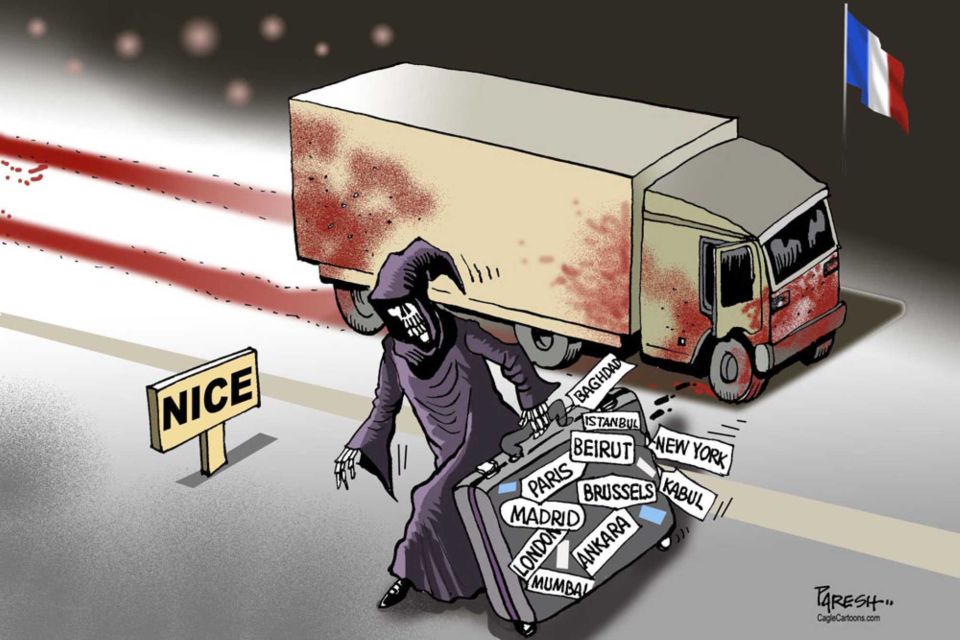



 America has decided:
America has decided: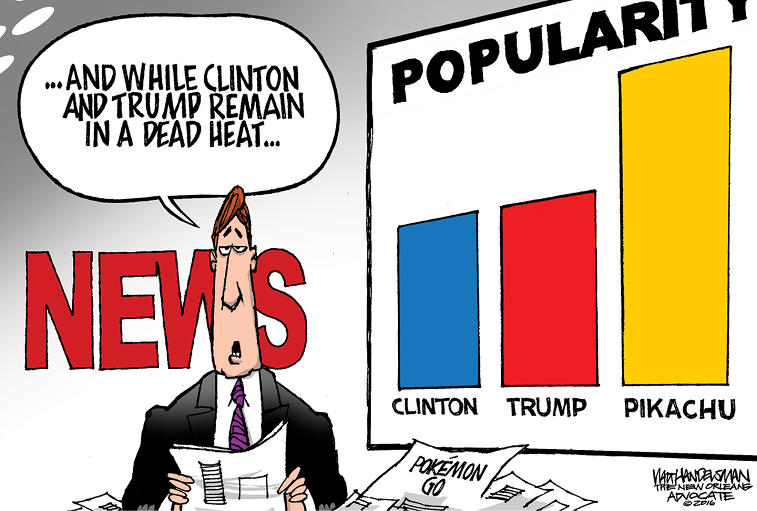

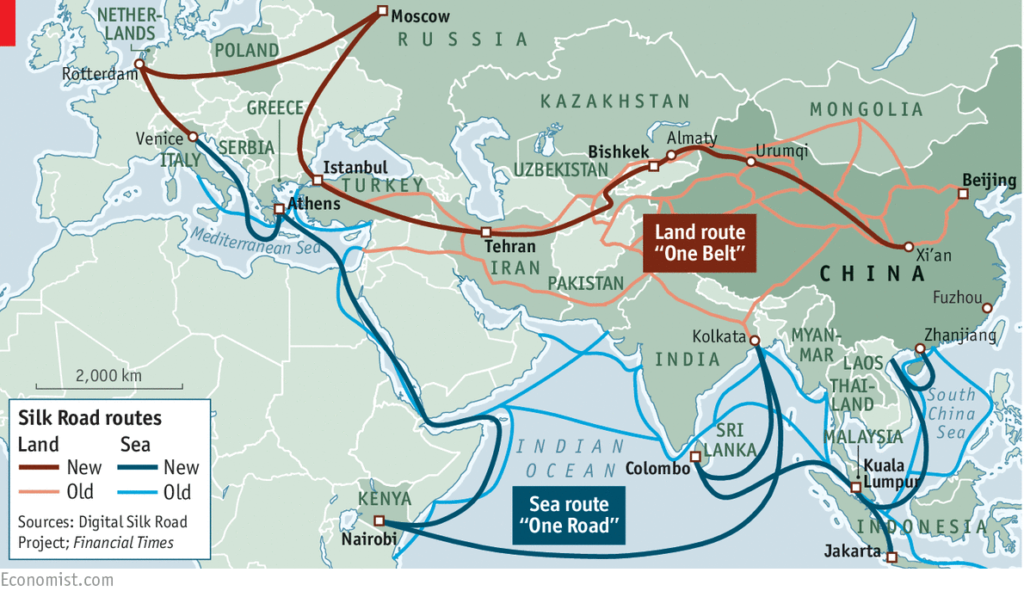 Source:
Source: 